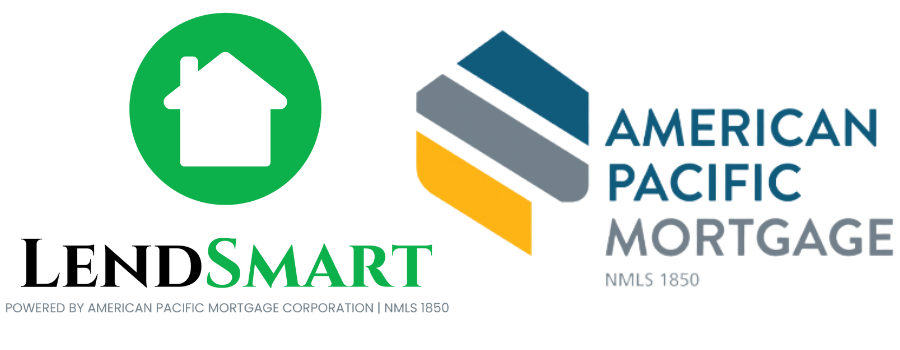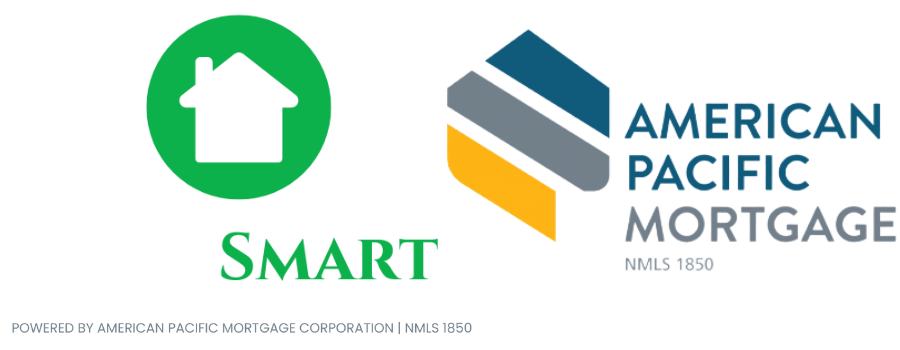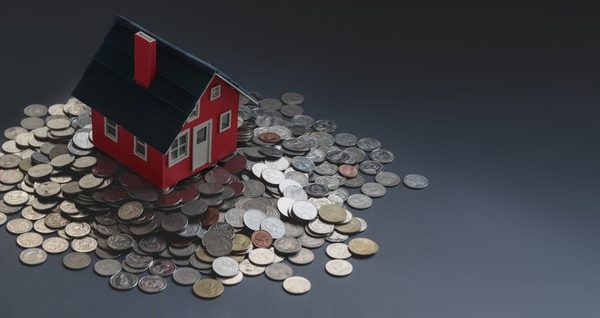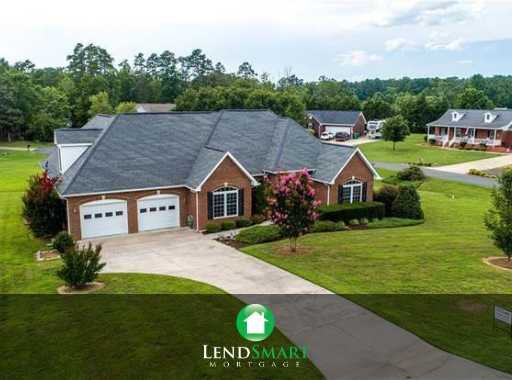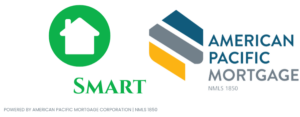Why Locking Your Mortgage Rate Won’t Box You In
One of the biggest concerns of homebuyers is to find the best possible interest rate on their mortgage. As, getting a lower interest rate can make a huge difference on the monthly mortgage payments as well as on the overall cost of the mortgage.
If you are applying for a mortgage or are refinancing and you have found a reasonable mortgage rate, the most important step that you can take is to “lock” this interest rate. While interest rates can go up and down before closing your mortgage deal, locking your rate guarantees a specific interest rate on your loan.
Although the above statement might seem very definite, you may still face some flexibility even after you have locked your interest rate. Read on to know what this means
What Does “Locking Your Mortgage Rate” Means?
You can lock in your mortgage rate when you and your lender feel that market conditions are favorable enough to give you the best available rate for your mortgage.
However, know that the mortgage rate lock does not last indefinitely. Typically, it last between 30-60 days, which is long enough for most loan applications to get to the closing table.
Therefore, it’s important that you confirm that the lock period will go beyond your expected closing date before you lock your mortgage rate. If, for some reason, your mortgage lock expires before your closing, know that it can be extended – just check with your lender if you will have to pay some additional fees for it.
Why Should You Lock Your Mortgage Rate?
Homebuyers usually lock their interest rate in order to figure out exactly how much their monthly mortgage payments will be and to get an estimation of their overall cost of the mortgage.
Therefore, locking your mortgage rate when the rates are low is a smart move which benefits most homebuyers. However, if market condition improves and the interest rates go further below after you have locked in your interest rate, your locked rate will not go down.
But there may be a silver lining, in some cases of extreme market fluctuation, you may be able to get a one-time “float-down” to lock the lower interest rate if it becomes available. But, this feature may come with additional costs and an agreement with your lenders beforehand. So discuss your float-down options with your lender before you lock your mortgage rate.
When Should You Lock Your Mortgage Rate?
You can lock your mortgage rate at any time after you get pre-approved. But, ideally, you should lock your mortgage rate after you get a full-loan approval from your lender and are cleared for closing.
Know that locking your rate is just a protection against market volatility, and the rates can go up or down from the moment you lock. So, choosing when to lock is more about committing to an interest rate where you feel confident in your ability to make your monthly mortgage payments.
Bottom Line
Locking your mortgage rate does not mean that you will not be able to change anything about your mortgage loan and you are stuck with it. In fact, you can still change most of the things about your mortgage loan, which include
- Your Mortgage Type (Fixed or Adjustable Rate Mortgage)
- Ability on taking credits vs. paying points
- Any other changes to your mortgage application (for example adding a co-borrower)
Contact us at (605) 718-9820 or schedule a call and let our mortgage experts help you with your home loan.
© 2020 Affiliated Mortgage, LLC. NMLS #14211: AZ NMLS#0947858. All Rights Reserved. Affiliated Mortgage, LLC is a Division of Lend Smart Mortgage NMLS #4474
Developed and designed by https://blairallenagency.com
